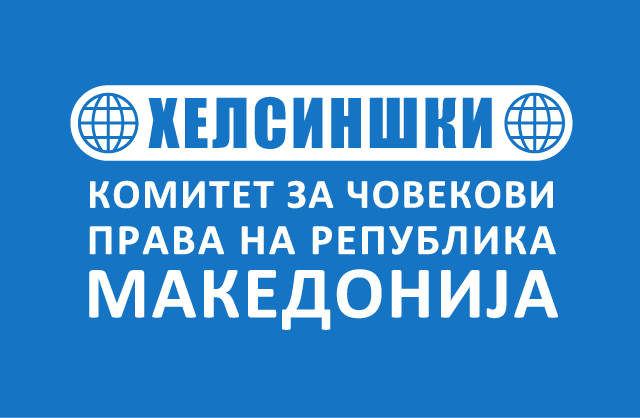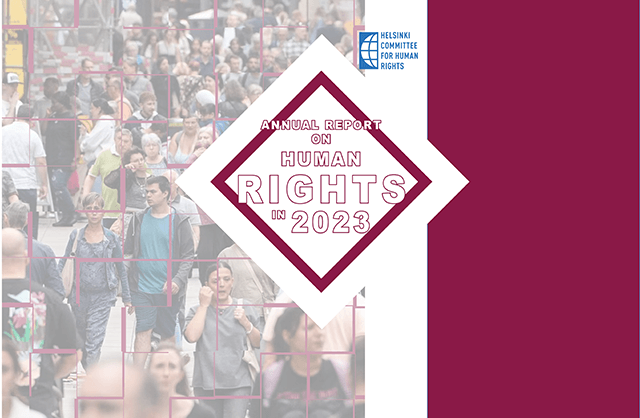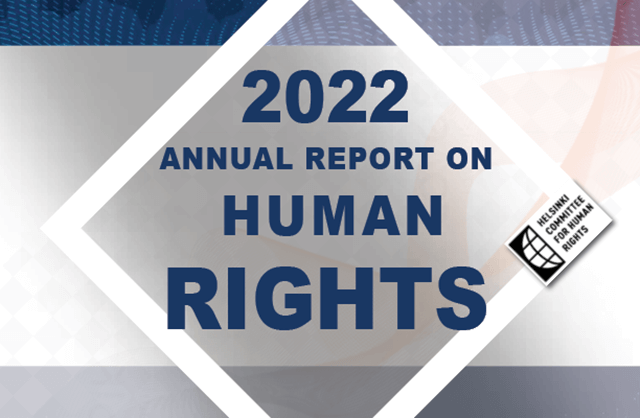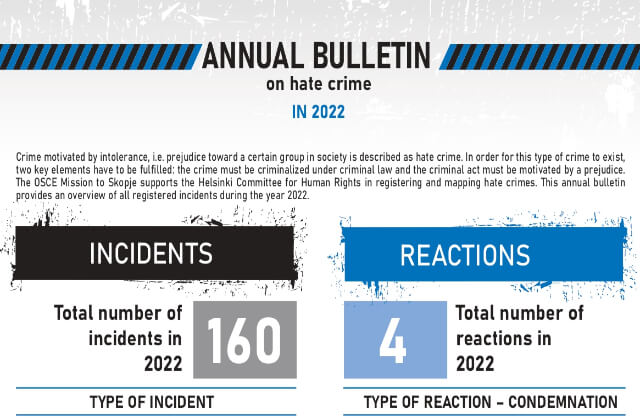Annual report on human rights in 2002
May 10, 2003

2002 was a year in which the Republic of Macedonia was to recover from the major consequences of the 2001 armed conflict; to implement the Ohrid Framework Agreement (as a guarantee for the peace) and to facilitate the conduct of early elections. The post-conflict period was featured by large-scale political turmoil (establishment of new political parties, change in the balance of powers); then by ever increasing corruption of the political structures, intensive partisan policy in the state administration and untouchable political elite. The pre-election activities and the period of transfer of power exasperated this situation. The basic characteristic of the global political situation was increased violence and insecurity of the population (due to limited operation of the police, presence of armed groups and individuals operating in certain parts of the country, activities of uncontrolled parts of the police, non-functioning of the judiciary, unresolved crimes and manipulation with the inter-ethnic relations, deterioration of the standard of living, unemployment, cuts in the social protection). According to the initial moves of the newly elected governing structure, partisan policy within the state apparatus will mark the forthcoming period as well.
Such a political situation is susceptible to disrespect, violation and lack of appropriate protection of human rights and freedoms in all spheres of everyday life. The
promotion of human rights and freedoms is still reduced to the level of political paroles and declarative statements. In many areas the situation is alarming, threatening to further escalate unless the state start fulfilling its obligations and accept the activities in this area as a priority task.
In 2002 the Helsinki Committee paid special attention to several areas related to the human rights promotion and protection which were of priority interest in the course of that year, or were areas where the grossest human rights violations could be found.


